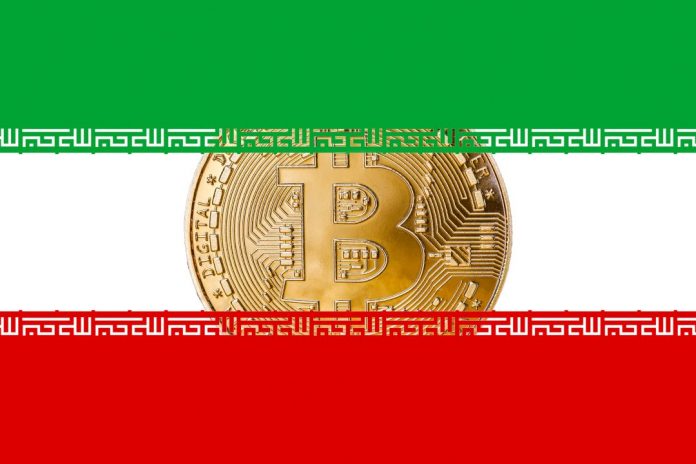After nearly two weeks of deliberation, Iran has finally decided that it does want to stick with crypto mining as an official industry in the country. On July 22nd, the Iranian Chamber of Commerce, Mines and Agriculture came out with a decision that the rampant crypto mining operations in the region must not be restrained to full extent, but rather regulated to a point where it benefits the local population as well as the economy.
It’s not quite official yet
Although the Chamber of Commerce came out with the announcement, the decision is not yet final. According to the governor of the Central Bank of Iran, Abdolnaser Hemmati this decision needs to be forwarded on a cabinet meeting and reiterated by the country’s economic commission.
However, it’s quite unlikely that the decision will be reverted back to the drawing board. It’s much more likely that the authorities will simply discuss the price they’re willing to offer on electricity payments for crypto miners.
Why the sudden change of heart?
Iran is notorious for having not the best relationship with digital currencies in the past, but now, they’re started operations on gold-backed cryptocurrencies and the legalisation of mining operations.
Many are saying that their crypto project was the only thing that prompted them to amend the laws, as it would be quite hypocritical to ban the population while the government themselves was delving in the industry themselves.
The Middle East is starting to like crypto
The second reason is the popularity of cryptocurrencies in the Middle East. Countries like Saudi Arabia, Qatar, and the UAE are starting to work on crypto adoption through better Bitcoin ATM mechanisms and etc. Even though the countries have a very serious political aversion towards each other, it’s obvious that politics is beyond a citizen’s will to trade and make some profits.
It is obvious that Iran wants to somehow cash in on the rising number of Bitcoin exchanges in the region, and could be considering legalising crypto trading next, but nothing is certain. The reason why they’re starting to reconsider their laws is very simple.
If you check the complete list of best bitcoin exchanges, it immediately becomes obvious that most companies are open towards accepting traders from any jurisdiction, without requiring licenses, etc.
For the Iranian population, the lack of license is an acceptable risk as long as they can anonymously participate in the crypto industry. Legalising crypto trading would allow the Iranian government to somehow limit the outflow of capital from the country in the form of cryptocurrencies and retain it in order to combat the ever-pressing inflation issues due to US sanctions.
US Sanctions
Sanctions from the United States may not seem to be doing too much for the Iranian economy, but the country is quickly running out of trading partners and FDI (Foreign Direct Investment) sources.
It will also lose it’s position as the sole land connection between Mainland China and the Western World, as the new Silk Road agreement is starting to take shape.
All in all, Iran is starting to lose a lot more revenue sources than its gaining through opposing US foreign policy. Legalising mining operations and potentially allowing crypto trades would be one of the ways to somehow diversify the economy even by 2%.
Could Iran become a crypto hub in the Middle East?
Considering the fact that the Central Bank of Iran has already committed to the gold-backed crypto project, it’s obvious that crypto adoption will sky-rocket in the region. However, it’s not obvious whether or not Iran will trump Saudi’s and UAE’s attempts of integrating the blockchain in their digital economy.
In order for Iran to become an official hotspot for cryptocurrencies, they absolutely need to legalise crypto trading once more and retain the electricity subsidies for crypto miners, despite financial pressure on the national treasury.
Iran currently has a $0.01 price per kilowatt an hour, one of the lowest in the world. As crypto-mining progresses to become more and more complicated and crypto prices start to dwindle, Iran will have the opportunity to accommodate most of the crypto mining operations in the future should a new crypto winter hit the market.
At this point, it could be a gamble to somehow keep the economy afloat, but in the grand scheme of things the only alternative is to cater to US demands, which will all know won’t happen.




